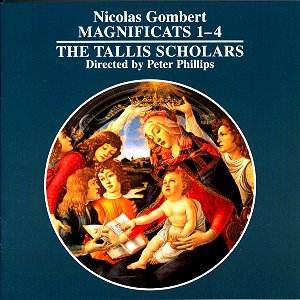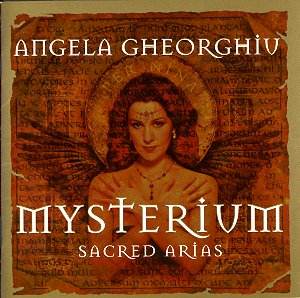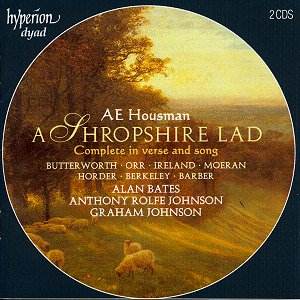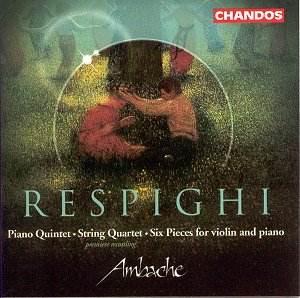 Composer: Nicolas Gombert
Composer: Nicolas Gombert
Works: Magnificats 1-4
Performers: The Tallis Scholars, directed by Peter Phillips
Recording: Recorded during 2000 in the Church of Saint Peter and Saint Paul, Salle, Norfolk
Label: Gimell CDGIM 037
Nicolas Gombert, a pivotal figure of the Flemish Renaissance, has often been relegated to the margins of music history, overshadowed by contemporaries such as Josquin des Prez. Yet, with the release of the Magnificats 1-4 by The Tallis Scholars under the artistic direction of Peter Phillips, we are afforded a renewed opportunity to appreciate Gombert’s intricate counterpoint and rich harmonic language. Composed during a time when the polyphonic style was becoming increasingly refined, these works exemplify Gombert’s unique voice, notably characterized by his use of chant as a structural foundation upon which he constructs elaborate musical edifices.
The performance by The Tallis Scholars is exemplary, showcasing their renowned clarity and precision. Each Magnificat is a testament to Gombert’s mastery of polyphony, where he deftly weaves together up to six vocal lines, creating a tapestry of sound that is both complex and engaging. Phillips’ interpretation highlights the nuanced interplay between the various voices, allowing the listener to trace the unfolding of Gombert’s intricate counterpoint. The decision to present the even verses as polyphonic and the odd verses as chant proves particularly effective, offering a compelling contrast that enhances the overall listening experience. The execution of this structure reveals a deep understanding of Gombert’s intentions, as the choir navigates the shifting textures with remarkable agility.
Recording quality is a hallmark of this release, with the rich acoustics of the Church of Saint Peter and Saint Paul providing an ideal backdrop for the performance. The sound is both immediate and spacious, capturing the resonant qualities of the choir while maintaining a clear delineation of each vocal part. This is particularly important given Gombert’s penchant for doubling the bass and tenor lines, which, while potentially muddying textures, is rendered beautifully by the choir’s meticulous attention to balance. The clarity of diction and pitch is commendable, allowing Gombert’s occasionally dissonant harmonic choices—such as the “English Clashes”—to emerge with striking clarity, adding a layer of tension and excitement to the cadences.
When comparing this recording to other notable interpretations of Gombert’s works, such as those by the Huelgas Ensemble, this release stands out for its vibrant energy and cohesive ensemble sound. The Tallis Scholars manage to imbue the music with a sense of immediacy that invites the listener into the spiritual and emotional depths of the Magnificats. Their ability to convey Gombert’s complex musical ideas while maintaining a sense of fluidity and grace is a testimony to both their artistry and Phillips’ insightful direction.
The historical context surrounding Gombert’s Magnificats, particularly the personal trials he faced, adds an intriguing layer to the listening experience. Written as a culmination of his skills, these works resonate with a sense of redemption and artistic triumph. The knowledge that these compositions emerged from a period of personal turmoil invites a deeper engagement with the music, as one contemplates the interplay of light and shadow within the sacred text.
Peter Phillips and The Tallis Scholars have delivered a significant contribution to the recorded legacy of Gombert’s music, one that is not merely a restoration of forgotten repertoire but a vibrant reimagining of it. The artistry displayed in this recording invites both seasoned listeners and newcomers alike to explore the profound depths of Gombert’s work, revealing the beauty and complexity that have long deserved recognition. This release is not only a welcome addition to the catalogue but also a compelling argument for Gombert’s rightful place among the great composers of the Renaissance.



